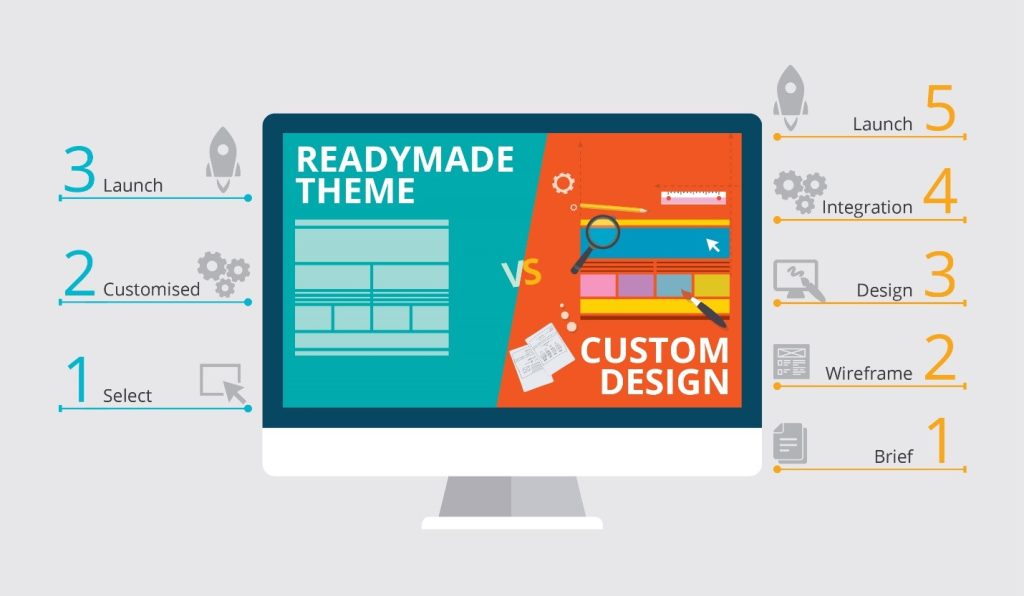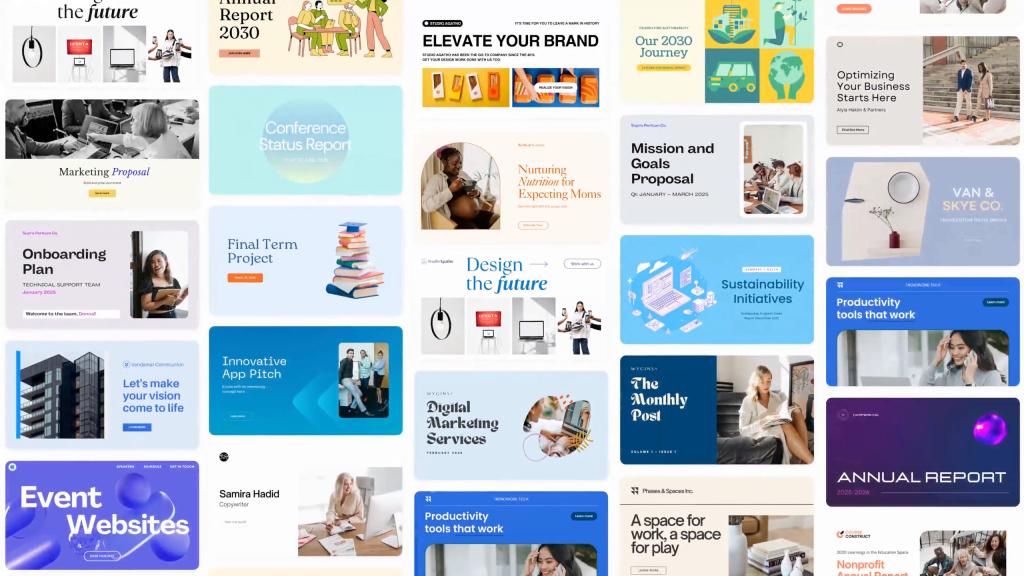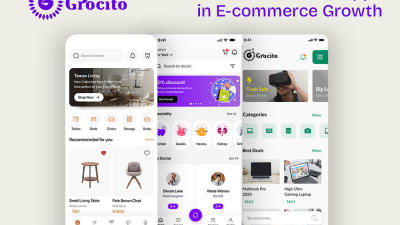Introduction
In today’s digital-first world, your website is often the first impression your brand makes. With millions of businesses competing for attention online, a generic or template-based website simply won’t cut it. To truly stand out, you need a custom websites—one that reflects your brand’s personality, meets your audience’s needs, and delivers a seamless user experience.
This blog explores how custom website development can help businesses differentiate themselves in a saturated market, drive engagement, and build lasting customer relationships.
1. The Problem with Template-Based Websites
Lack of Originality
Template websites are widely used because they’re quick and cost-effective. However, they often result in cookie-cutter designs that fail to capture a brand’s uniqueness. When dozens of businesses use the same layout, color scheme, and structure, it becomes difficult for users to remember who’s who.
Limited Flexibility
Templates come with predefined structures that may not support your specific business goals. Whether it’s integrating a custom booking system, showcasing a unique product catalog, or creating interactive content, templates often fall short.
Poor Scalability
As your business grows, your website needs to evolve. Template-based sites can be difficult to scale or customize without significant rework, leading to higher long-term costs and technical debt.
2. What Is a Custom Website?
A custom website is built from the ground up to meet the specific needs of a business. It involves custom design, tailored user experiences, and bespoke functionality. Unlike templates, custom websites are not constrained by pre-existing frameworks, allowing for complete creative and technical freedom.
Key Features of Custom Websites:
- Unique design aligned with brand identity
- Custom user journeys and navigation
- Scalable architecture
- Optimized performance and SEO
- Tailored integrations (CRM, eCommerce, analytics, etc.)
3. Branding That Resonates
Visual Identity
Your website should be a digital extension of your brand. Custom development allows you to incorporate brand colors, typography, imagery, and animations that reflect your business’s personality and values.
Consistency Across Touchpoints
A custom site ensures consistency across all digital touchpoints—social media, email marketing, landing pages, and more. This builds trust and recognition among your audience.

Emotional Connection
Designing with intention helps create emotional resonance. Whether it’s through storytelling, interactive elements, or personalized content, custom websites can evoke feelings that drive loyalty and conversions.
4. Enhanced User Experience (UX)
Tailored Navigation
Custom websites allow you to design navigation based on how your users think and behave. This improves usability and reduces bounce rates.
Faster Load Times
Custom sites can be optimized for performance from the ground up—minimizing unnecessary code, compressing assets, and leveraging caching strategies.
Accessibility
You can build accessibility features into the core of your site, ensuring it’s usable by people with disabilities and compliant with standards like WCAG.
Mobile Optimization
With mobile traffic dominating, custom development ensures your site is responsive and optimized for all devices—not just adapted from a desktop-first template.
5. SEO and Performance Advantages
Clean Code Structure
Custom websites are built with clean, semantic code that search engines love. This improves crawlability and indexing.
Custom Metadata and Schema
You can implement structured data, custom meta tags, and Open Graph protocols to enhance visibility in search results and social sharing.
Page Speed Optimization
Templates often come bloated with unnecessary plugins and scripts. Custom sites can be streamlined for speed, which is a critical ranking factor.
6. Competitive Differentiation
Unique Features
Whether it’s a custom calculator, interactive map, or dynamic product filter, custom websites allow you to build features that competitors don’t have.
Personalized Experiences
You can tailor content and functionality based on user behavior, location, or preferences—creating a more engaging and relevant experience.

Thought Leadership
A custom blog or resource center can position your brand as an authority in your industry, driving organic traffic and building trust.
7. Better Conversion Rates
Optimized Funnels
Custom websites allow you to design conversion paths that align with your customer journey—from landing pages to checkout flows.
A/B Testing Capabilities
You can integrate testing tools to experiment with layouts, CTAs, and messaging—refining your site for maximum impact.
Trust Signals
Custom design lets you showcase testimonials, certifications, and case studies in strategic ways that build credibility.

8. Long-Term Scalability and Control
Future-Proof Architecture
Custom sites are built with scalability in mind, allowing you to add new features, pages, or integrations as your business evolves.
Ownership and Control
Unlike platforms that lock you into their ecosystem, custom websites give you full control over your code, hosting, and data.
Security
Custom development allows you to implement robust security measures tailored to your business, reducing vulnerabilities and compliance risks.
9. Real-World Examples
Case Study: Boutique Agency
A boutique creative agency built a custom site with interactive portfolios, dynamic case studies, and a personalized contact flow. Result: 60% increase in qualified leads.
Case Study: E-commerce Brand
A fashion brand moved from Shopify to a custom-built site with advanced filtering, lookbooks, and influencer integrations. Result: 40% boost in conversion rate and 30% faster load times.
10. Is Custom Website Development Right for You?
Ask Yourself:
- Do you want a website that reflects your brand’s uniqueness?
- Are you planning to scale or add complex features?
- Do you need better performance, SEO, or UX?
- Are you looking to build trust and convert more visitors?
If the answer is yes to any of these, custom development is worth considering.
Conclusion
In a crowded digital marketplace, standing out is no longer optional—it’s essential. A custom website gives you the tools to differentiate your brand, deliver exceptional user experiences, and drive meaningful business results. While it requires more investment upfront, the long-term benefits in branding, performance, and conversions make it a strategic move for any serious business.





